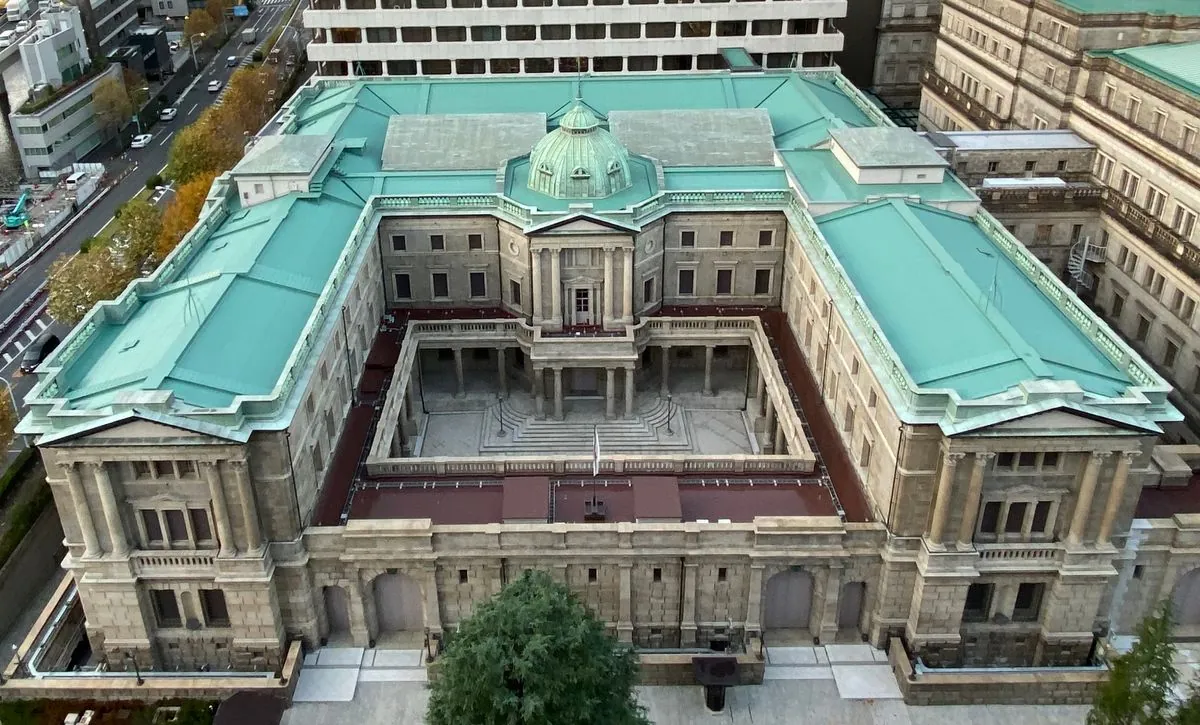The upcoming leadership race of Japan's ruling Liberal Democratic Party (LDP) is poised to potentially influence the Bank of Japan's (BOJ) monetary policy normalization plans. Scheduled for September 27, 2024, this contest will determine the next prime minister and could have significant implications for the world's third-largest economy.
Three candidates have emerged as front-runners in the race: Shigeru Ishiba, Shinjiro Koizumi, and Sanae Takaichi. Their differing views on monetary policy could shape the future direction of Japan's economic strategy.
Most candidates, including Ishiba and Koizumi, appear to support gradual interest rate increases. Koizumi has emphasized respecting the BOJ's independence in setting monetary policy, while Ishiba has expressed support for the BOJ's current policy direction, particularly the end of negative interest rates.
However, Takaichi stands out as a vocal opponent of policy normalization. She argues that the BOJ raised rates prematurely and advocates for maintaining low borrowing costs to protect consumer sentiment. This stance could potentially delay future rate hikes if she secures a key position in the new government.
The BOJ, established in 1882, has been grappling with deflation for over two decades. In 2016, it introduced negative interest rates as part of its ultra-loose monetary policy. This approach, along with other economic strategies like "Abenomics" introduced in 2012, aimed to revitalize Japan's economy after several "lost decades" of stagnation.
The outcome of the leadership race could have significant market implications. A victory for Takaichi might initially push down bond yields and weaken the yen. However, if she proposes substantial spending packages, it could lead to increased debt issuance and potentially higher bond yields in the long term.
Japan's political calendar may also influence the BOJ's decision-making. With a possible snap election as early as October 27, 2024, the central bank might prefer to avoid raising rates around this politically sensitive time. This could push any potential rate hike to at least December.
"The Bank of Japan remains committed to its mandate of price stability and will carefully consider economic conditions and market developments in its policy decisions."
The BOJ's next policy review is scheduled for October 30-31, 2024, when it will release fresh quarterly growth and price estimates. A majority of economists expect another rate hike by the end of the year, with many predicting it will occur at the December 18-19 meeting.
As Japan navigates these economic challenges, it must also contend with broader issues such as an aging population and one of the world's lowest birth rates. These demographic factors add complexity to the country's economic outlook and policy decisions.
The BOJ's independence, strengthened by law in 1997, ensures that it can make decisions based on economic considerations. However, the political landscape inevitably influences the context in which these decisions are made. As Japan moves forward, the interplay between political leadership and monetary policy will be crucial in shaping the country's economic future.
